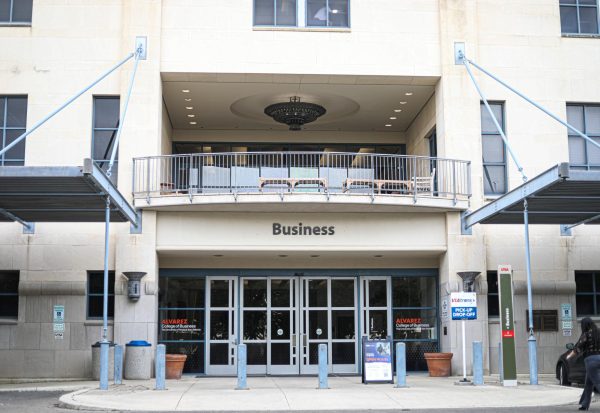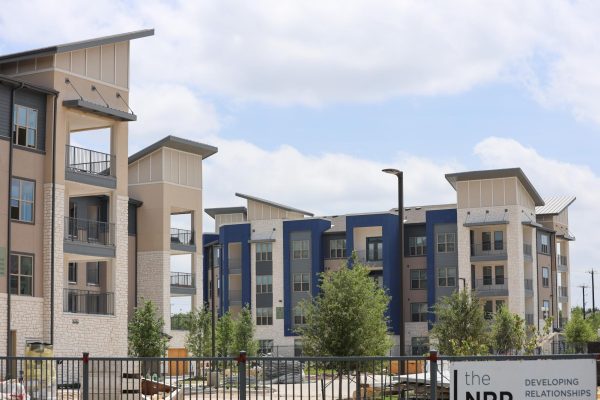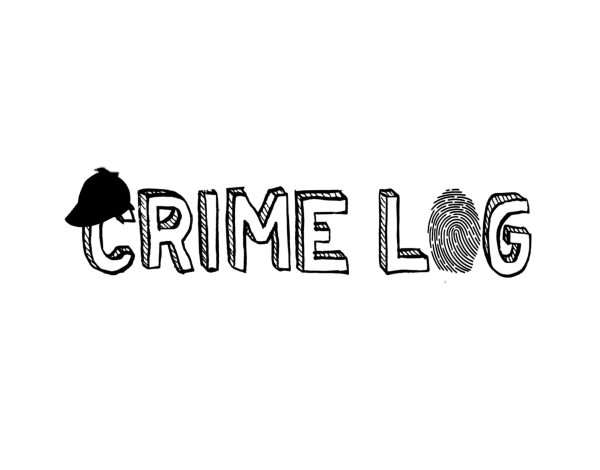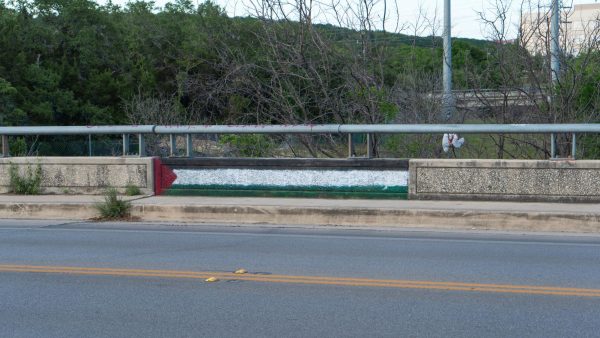Early voting for primaries begins Feb. 18 on Main Campus
February 11, 2020
UTSA students can participate in early voting for the Democratic and Republican presidential primaries on UTSA’s Main Campus in the Student Union Bexar Room (HSU 1.102) from Tuesday, Feb. 18 through Friday, Feb. 28. UTSA students can also vote for their party’s presidential candidate at the same location on Mar. 3, primary election day.
In order to vote in the presidential primaries, UTSA students must be registered to vote in Bexar County.
The voter registration deadline for the primaries has passed, but UTSA students can register to vote for future elections by filling out and turning in an application to the Bexar County Elections Department (BCED) or to any Bexar County Volunteer Deputy Registrar (VDR).
The Texas Secretary of State, in coordination with the BCED, allows individuals to become a VDR by completing a training course offered through the BCED.
Non-governmental organizations like UTSA’s Center For Civic Engagement and MOVE Texas serve students by training individuals to become VDRs and organizing voter registration events.
“UTSA held a class in January where 28 students, staff and faculty were deputized,” Joe Izbrand, associate vice president for communications & marketing and chief communications officer, said. “There will be another training Feb. 11 at noon at the Downtown Campus. The Bexar County Elections Department also hosts other trainings that students can attend.”
UTSA’s civic engagement efforts were recognized in 2019 by the All In Democracy Challenge for contributing to a 40% increase in student voter turnout.
“The UTSA Center for Civic Engagement collaborates with campus and community partners to ensure we create opportunities for students to become [Volunteer] Deputy Registrars and register to vote through our Rowdy Votes 2020 initiative,” Izbrand said. “The center also works with faculty to integrate voter registration and education efforts as part of community-engaged learning.”











